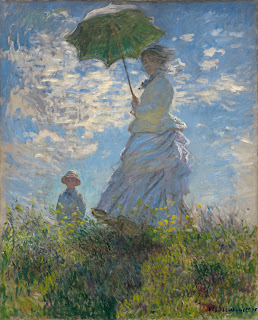Non Western Blog
Greece History
I chose to write about Greece because it is one of dream vacation spots. Greece is so beautiful to me, I have always wanted to go because of the dreamy sunsets and the architecture.
"During the so-called “Greek Dark Ages” before the Archaic period, people lived scattered throughout Greece in small farming villages. As they grew larger, these villages began to evolve. Some built walls. Most built a marketplace (an agora) and a community meeting place." They developed governments and organized their citizens according to some sort of constitution or set of laws. They raised armies and collected taxes. And every one of these city-states (known as poleis) was said to be protected by a particular god or goddess, to whom the citizens of the polis owed a great deal of reverence, respect and sacrifice. (Athens’s deity was Athena, for example; so was Sparta’s.)" "The Dark Age was a transitional period between the fall of Mycenaean Greece of the Bronze Age, and Archaic Greece of the Iron Age. This period is called the Dark Age because the palaces that ruled the Mycenaean age collapsed, and with them fell civilization in mainland Greece"
This art piece represents the battles fought during this time. As you can see people are fighting and trying to stand against something. The Greek Dark Ages is the period of Greek history from the end of the Mycenaean palatial civilization, around 1100 BC, to the beginning of the Archaic age, around 750 BC. "Little is known about those hundreds of years—except that it was a turbulent and war-torn time." The artist of this art piece is unknown, as well as the place of orgin and date created.
In this art piece, it is shown that the Dorians are standing up for what they want. The Dorians were raiders who invaded Greece and took over. They were however, eventually overthrown by the Greek people. The ruling lasted for about 100 years before it came to an end. "The Dorian people are traditionally acknowledged as the conquerors of the Peloponnese (in the period 1100–1000 bce). In Greek tradition, the Dorians were thought to have gained their name from Doris, a small district in central Greece."
"Homer’s two stories were at one time believed to have been composed during the 8th century B.C.—near the end of the Greek Dark Ages. But today, some historians doubt Homer even existed. This bard—who sung tales of gods and monsters—was likely just a convenient pseudonym, representing the many minstrels who recounted this turbulent story. It may be for this reason that most historians and archaeologist failed to place much faith in the two tales, dismissing them as fantasy versus an accurate account of the time. How could they not when Homer told of warring gods and rampaging monsters, of cursed sailors and cunning witches? The stories seemed pure flights of fancy as opposed to a historical record." The author, date and place of orgin of this art piece is unknown.
Citations
History.com Editors. “Ancient Greece.” History.com, A&E Television Networks, 4 Sept. 2018,
https://militaryhistorynow.com/2020/03/26/the-greek-dark-ages-inside-the-conflict-chaos-of-one-of-historys-most-mysterious-eras/
https://www.britannica.com/topic/Dorian
https://militaryhistorynow.com/2020/03/26/the-greek-dark-ages-inside-the-conflict-chaos-of-one-of-historys-most-mysterious-eras/






Comments
Post a Comment